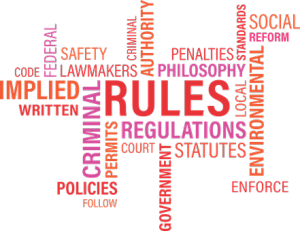New Jersey Contract Law Provides Remedies to Third-Party Beneficiaries
 Very often, a person or business will want to confer a benefit on a third party but will not be able to do so itself, for a variety of reasons. So then, to make sure the benefit will be conferred, it will enter into a contract with a person or business which has the ability to confer the benefit. The question, then, is what rights does the third-party beneficiary have?
Very often, a person or business will want to confer a benefit on a third party but will not be able to do so itself, for a variety of reasons. So then, to make sure the benefit will be conferred, it will enter into a contract with a person or business which has the ability to confer the benefit. The question, then, is what rights does the third-party beneficiary have?
Let’s say Sam wants to build a deck for his friend Joe’s house, but Sam is an incompetent carpenter. So Sam signs a contract with Acme Building Contractors, Inc., in which Acme agrees to build a deck on Joe’s house, and Sam agrees to pay Acme $5000. Sam pays Acme in full but it never builds the deck, and then Sam dies. Now Acme has $5000 and Joe doesn’t have a deck. Does Joe have any remedies to enforce Sam’s contract with Acme? That all depends on whether Joe can be considered a third-party beneficiary under New Jersey law. The basic answer is yes, if Sam and Acme intended Joe to be a third-party beneficiary.
New Jersey Law Expressly Allows Third-Party Beneficiaries to Enforce Contracts
 New Jersey Lawyers Blog
New Jersey Lawyers Blog

